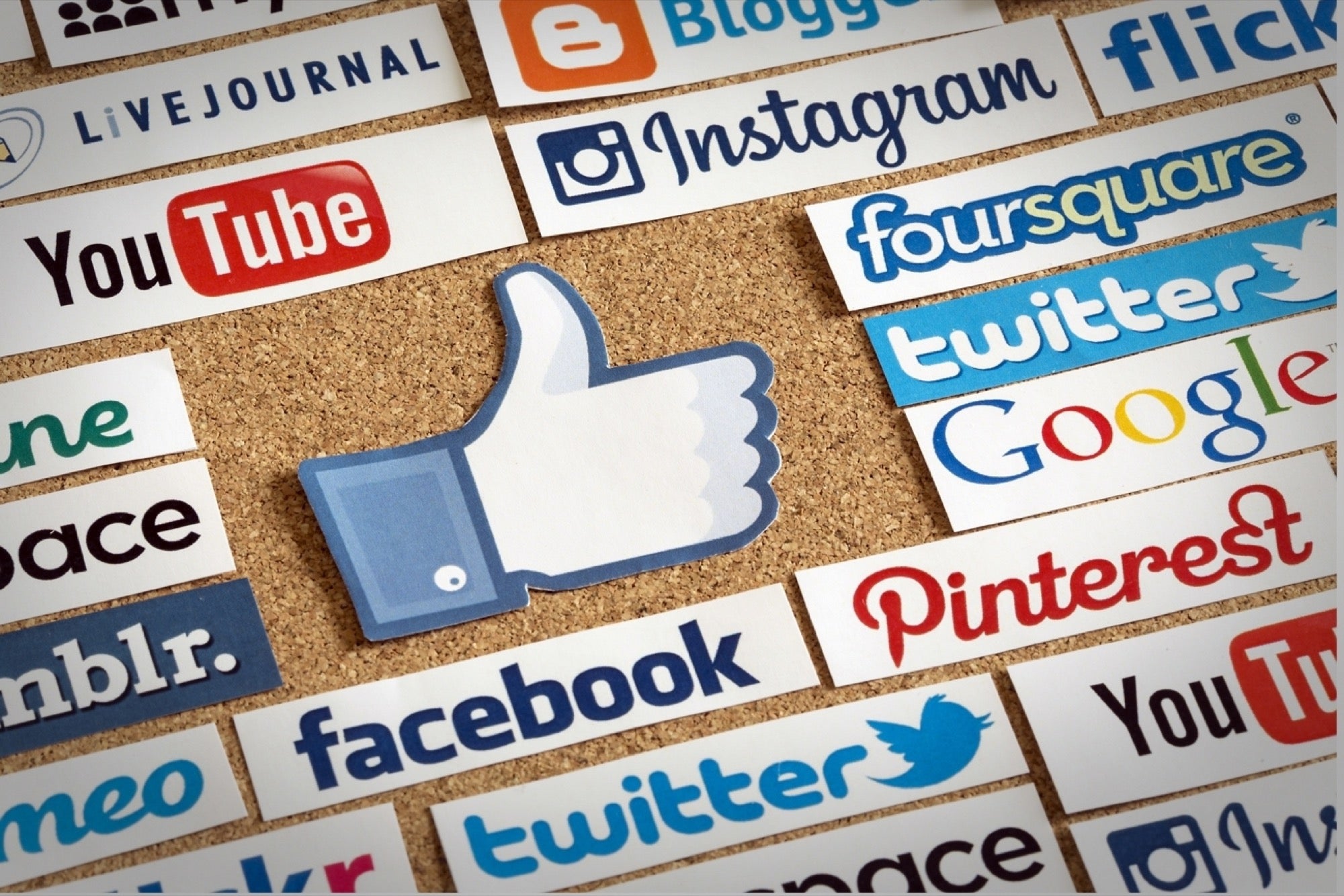Influencer Marketing: Six Mistakes that Brands Make Brands need to tread carefully and find the perfect balance between keeping the audiences' trust and promoting themselves
By Apaksh Gupta
Opinions expressed by Entrepreneur contributors are their own.
You're reading Entrepreneur India, an international franchise of Entrepreneur Media.

The world is changing rapidly and there are some key trends to observe. Instagram reported over a billion monthly active users, TikTok became the most downloaded app in 2018 and over 1.9 Billion logged in users visit YouTube every month. Clearly, social media shows no signs of slowing down and brands are actively exploring new ways of engaging with their customers on these platforms. Another trend that become dominant was how users have developed a resistance to ads and are looking for tips from people they trust while making active purchase decisions.
According to data, 74% of consumers use social media to make buying decisions. These key trends in parallel have given rise to what has become the fastest growing social media strategy, the world of influencer led marketing. Influencers, also referred to as Key Opinion Leaders (KOL's) are essentially content creators with a high reach on social platforms and also have established trust in their micro communities. While ad-networks like Facebook, Google, Taboola, etc are great distribution platforms for branded content, they lack the authenticity and trust users seek in this world full of advertising. To counter these problems, influencers presented the solution. Authentic, organic, aspirational content coupled with a high reach was everything a brand could dream of. As we have seen, thousands of brands worldwide have partnered with hundreds of thousands of influencers to connect with their target audiences. While these partnerships started off majorly as barters, with rising demand for influencers, it wasn't long before some serious marketing money got involved. As with any other marketing channel, the next obvious question is optimization of campaigns. The influencer marketing rush has grown, but so have the mistakes that brands tend to make in the way they use this channel.
The challenges are multiplied by the fact that influencers are real people who each have their own way of operating. Brands need to tread carefully and find the perfect balance between keeping the audiences' trust and promoting themselves. While there are 10's of aspects a brand has to think about while planning a successful influencer led campaign, here are some common mistakes that brands make which have a potentially large impact.
1. Relevance & Resonance : The most fundamental piece of an influencer campaign is the influencer itself and while this seems like an obvious answer, there is more science to it than you think. Most brands tend to get this wrong and end up picking irrelevant influencers for their campaigns that lead to high cost with little or no impact. It's a simple two step process. The first step is to create a pool of influencers whose persona resonates with your brand's image and the second step is to filter this pool further based on the influencer's relevance to the campaign's messaging. This basic process goes a long way in driving success.
2. Content Timeline : The world is moving faster than ever and marketers are always under tight deadlines to get their campaigns live. This same pressure is passed to influencers to create content within very short timelines and often leads to loss for a brand. Influencers typically create sub-par content when not given enough time to create creative & high quality content and this leads to poor performance of the campaign. While it doesn't mean that influencers should be left completely unchecked on timelines but a 3-7 day window is a good deal.
3. Bad Communication : There is true power in effective communication and the world's strongest leaders have mastered this art. For brands to outshine and capture their audience's attention, great communication can go a long way. But more often than not, brands end up poorly planning their communication strategy and the whole campaign gets lost in a sea of social noise. Human memory is designed in a way to remember great stories and this is what brands need to capture on. A great campaign needs a well planned communication strategy.
4. Misaligned Objectives : A marketing campaign without a clear objective is doomed to fail but what's equally bad is a campaign with misaligned objectives. It's critical for a marketeer to communicate the campaign objectives to the influencers clearly so the influencer is equally aligned to achieve the goals. The content an influencer creates to drive reach will ideally be different than the content to drive downloads. Well communicated objectives can completely turn around the campaign's end result.
5. Chasing Vanity Metrics : While there has been a lot of discussion around this, a lot of marketeers still pay considerable attention to metrics that don't really mean anything. For Youtubers, marketeers generally focus on subscribers while they still ignore average video views. For Instagram, they look at followers, while ignoring engagement or target audience match. While this doesn't mean that follower count should be totally ignored as it reflects the potential reach of an influencer, it simply means that it has to be a holistic approach while selecting influencers.
6. Advocacy over Advertising : The reason influencer marketing saw success as a channel was because an influencer's audience saw the influencer as a brand advocate, someone whose word could be trusted. This trust is the underlying difference between an influencer and a traditional ad network. But many brands & influencers tend to forget this and end up planning campaigns that make influencer content look like advertisements, losing the trust an advocate brings. It's important for brands to rethink their campaigns and build long term genuine relationships with their influencers who actively integrate these brands into their lives. This genuine brand advocacy goes a long way in driving success for campaigns and actively engages audiences with a brand.









